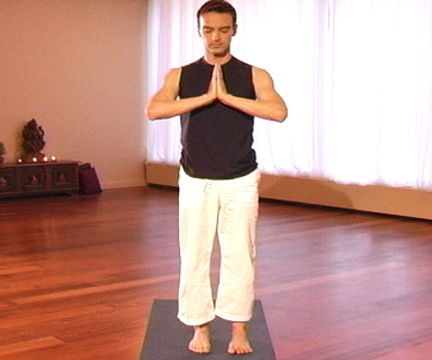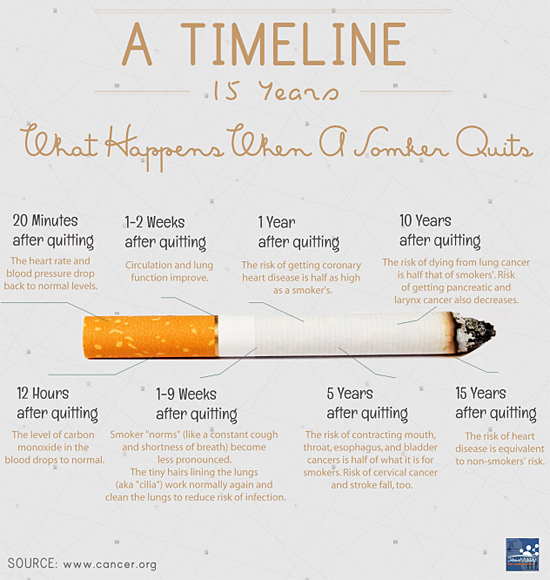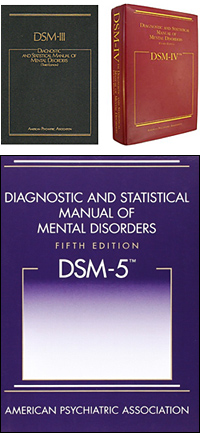Sleep disorders affect as many as 70 million adults in the United States, according to the Centers For Disease Control and Prevention (CDC). In fact, a lack of proper sleep is actually considered a public health epidemic.
 Substance addiction-induced sleep disorders are caused by abuse or addiction to prescription drugs, illegal narcotics, alcohol, or a combination of all three. An incredibly difficult aspect of this condition is the continued cycle of abuse. Some people start using drugs and alcohol in order to sleep. Still, others find that after using drugs or alcohol they no longer get the rest their bodies need.
Substance addiction-induced sleep disorders are caused by abuse or addiction to prescription drugs, illegal narcotics, alcohol, or a combination of all three. An incredibly difficult aspect of this condition is the continued cycle of abuse. Some people start using drugs and alcohol in order to sleep. Still, others find that after using drugs or alcohol they no longer get the rest their bodies need.
What are four main types of substance-induced sleep disorders?
1. Daytime Sleepiness is associated with feeling extremely tired during daytime hours, as well as sometimes sleeping for a very long time
2. Parasomnia occurs when a person experiences unusual behavior during sleep, such as sleep walking or eating while asleep
3. Insomnia is characterized by having difficulty falling asleep, or waking up continually throughout an evening and not getting the proper amount of sleep
4. Mixed Type Sleep Disorder is the presence of several of the above symptoms
A disturbance in sleep can begin almost immediately after a person uses a medication, illegal drugs or alcohol. Because many people unwittingly associate sleep with these substances, they don’t realize this is only making the problem worse, and the cycle of sleeplessness and addiction continues untreated.
It is also quite common for those recovering from drug and alcohol addiction to struggle with sleep disorders.
Sleep Disorders and Addiction Recovery
A study conducted by the National Institute of Health concluded that sleep disorders are 5 to 10 times more likely in those suffering from substance abuse disorders. In addition, sleep issues are common when a patient is going through detox, and can last long after sobriety is achieved.
A constant lack of sleep presents a special challenge for a person recovering from addiction. Exhaustion is stressful. It makes everyone more susceptible to mood swings and severe emotional responses in their daily lives. Because of this stress, people recovering from drug and alcohol addiction are prone to relapses if they don’t get the proper amount of rest.
Sleep-aids for patients recovering from substance abuse can be tricky because they are potentially addictive. Medications like Xanax, Valium, Ativan and Librium are anti-anxiety medications sometimes used to help patients sleep, but these can all become habit forming. Over the counter options, such as melatonin supplements, valerian root and even Chamomile tea can be useful, though.
Here are tips for getting the proper amount of sleep:
- Bypass caffeine after four in the afternoon
- Abstain from nicotine
- Avoid large meals before going to sleep at night
- Use the bed only for sleeping, not for watching television or reading
- Exercise regularly, though not right before bedtime
- Employ mindful meditation techniques before going to be each night
- Go to bed and wake up at the same time to establish a pattern for your body
- Make the bedroom as cozy as possible for sleeping by using blackout curtains or comfortable organic bedding
While sleep specialists encourage adults to get 7 to 8 hours of good rest each night, that’s usually easier said than done, especially for those in recovery. And some of the tips listed above aren’t always practical for everyone. Still, it’s important for anyone in recovery to not get discouraged, and practice good sleeping habits, at least until their natural and restful rhythms return.
Knowing that sleep disorders from substance abuse addiction are common won’t make it any easier to sleep, but might remove some of the frustration of trying to figure out why sleep is such a big problem.






